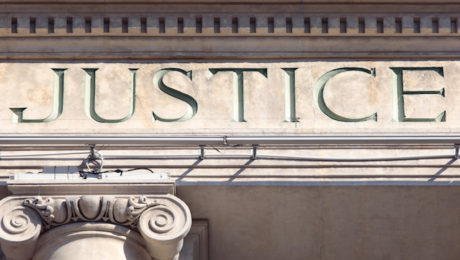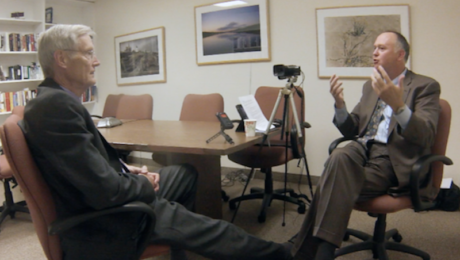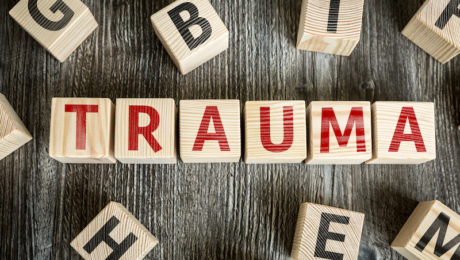Sustainability is much more than having money to operate your Treatment Court. Sustainability requires a plan on the necessary steps to operate the Treatment Court: it requires that the community is educated about the program’s success; and it requires that non-monetary sources are located that can support the Court’s efforts. Sufficient funds are just one part of an overall plan for sustainability.












